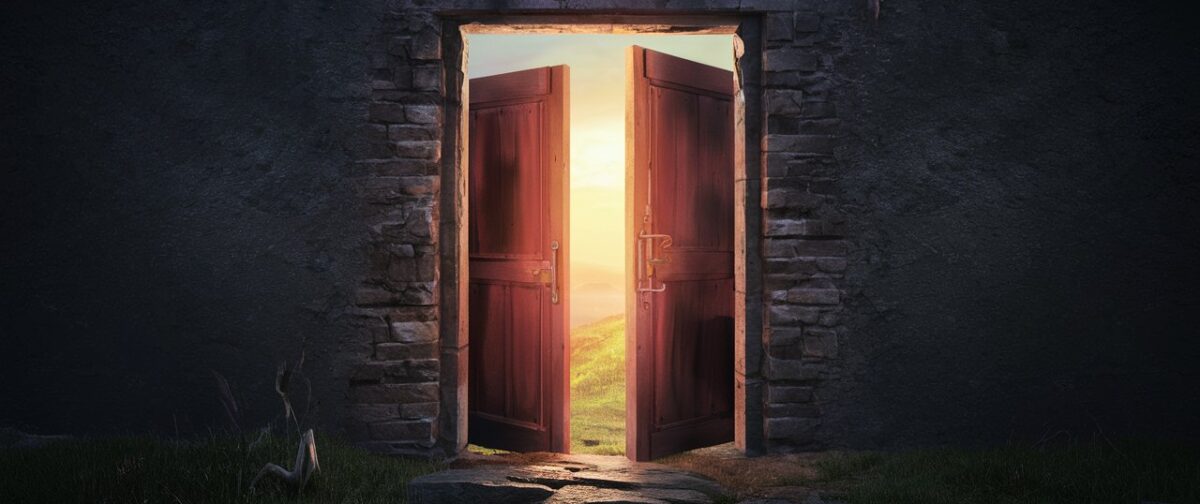
This is the third and final post in my miniseries about ethics in “The Good Place” (see Part One, Part Two, and all my other reflections on the Good Place here). All of this is part of a wider series I am writing about that TV show. In this post, I will talk about how the series portrays the ethical theory called deontology.
Now for the final major ethical theory in Western philosophy: virtue ethics. I think this one is the closest one to what the show adheres to. Virtue ethics emphasizes the development of people’s characters, focusing on how to develop virtues. Virtue ethics often emphasizes developing conducive environments where people can cultivate the instincts or dispositions to think and act virtuously.
This is in contrast to consequentialism, utilitarianism, and deontology, which seek to create a unifying criteria for how to determine what is right and wrong in all circumstances. Virtue ethics, instead, focuses on how to grow individuals’ character so that they have the skills and natural desire to make moral decisions on their own. Many virtue ethicists emphasize on how to develop the right settings that encourage people to develop virtuous behavior.
One way virtue ethics comes up frequently in the show is in its emphasis on doing moral behavior for the right reasons. This is most apparent with Elanor whose major flaw is selfishness. She frequently tries to perform good acts, but her points do not go up because she is doing it for self-centered reasons (e.g. to earn her way into heaven). And she is not the only character that encounters this. In a pure consequentialist or deontological framework, all that matters is whether the action is moral or immoral (even if they disagree on how to tell whether an action is moral), and thus one’s internal reasons for doing the right thing are not as important. For virtue ethics, though, one’s motivations are crucial: they impact what type of person someone is becoming.
As a matter of fact, the whole show seems designed to cultivate virtues. The world Michael created to torture humans accidently forces them to develop as people in a trial by fire, and overtime, saving the themselves and all humanity ends up perfecting them as people. Their adventures force each character to confront and work through their major flaw and develop positive virtuous instincts. Then, the show concludes by replicating aspects of this environment for all humanity, who after death must go through a simulated environment forcing them to work through their major flaw/flaws and develop perfected (or at least better) virtuous characters.
The show routinely demonstrates that the environment produced by being with the others in the group is what causes each character to grow. For example, the judge tests all the characters in isolation, and pretty much each one fails. Similarly, when she sends each human back to earth to see whether they are better people, they quickly relapse into their old selves. It is only when Michael brings the group together reconstructing the dynamic they held in the afterlife, that they improve as people. The judge’s tests focused on whether each individual had grown by themselves beyond their personality problem, and the show demonstrates this to be the wrong question. They grow and improve as people when put in environments that help foster that in them.
The show starts with a consequentialist, multiversal afterlife system with a points system to determine moral worth to reflect that, and over time, the show demonstrates how lacking such a system is, consistently showing that instead humans develop virtues in relationships with others.
At the same time, the afterlife system is a labyrinth of bureaucracies full of various afterlife beings, so the main crew’s attempts to reform the universe amount to a pragmatic institutional change. Relics of the old system still persist at least at first: they still seem to use the consequentialist points system to ultimately assess people’s moral worth even in the afterlife. Many of the afterlife beings in that institution don’t understand the change and at least initially still operate within the old mentality. Maybe overtime, they learn this new way of thinking.
This leaves open whether this new system will work. Will these beings be able to change their approach as they operate within the new system? Will the continued use of the points system to evaluate whether someone is able to enter the Good Place introduce corruption, or will the fact that each human has an infinite chance to improve mean that eventually everyone will? In the show, the series heavily implies these kinks have been worked out, and the new system is working great. But, I am not sure the show did enough work to convince us of that. That said, the series clearly values virtue ethics, and the characters try to create an afterlife system that will foster virtues in every human.
Discover more from The Cracked Door
Subscribe to get the latest posts sent to your email.

One thought on “What Kind of Morality Does the Good Place Promote, Part Three: Virtue Ethics”
Comments are closed.